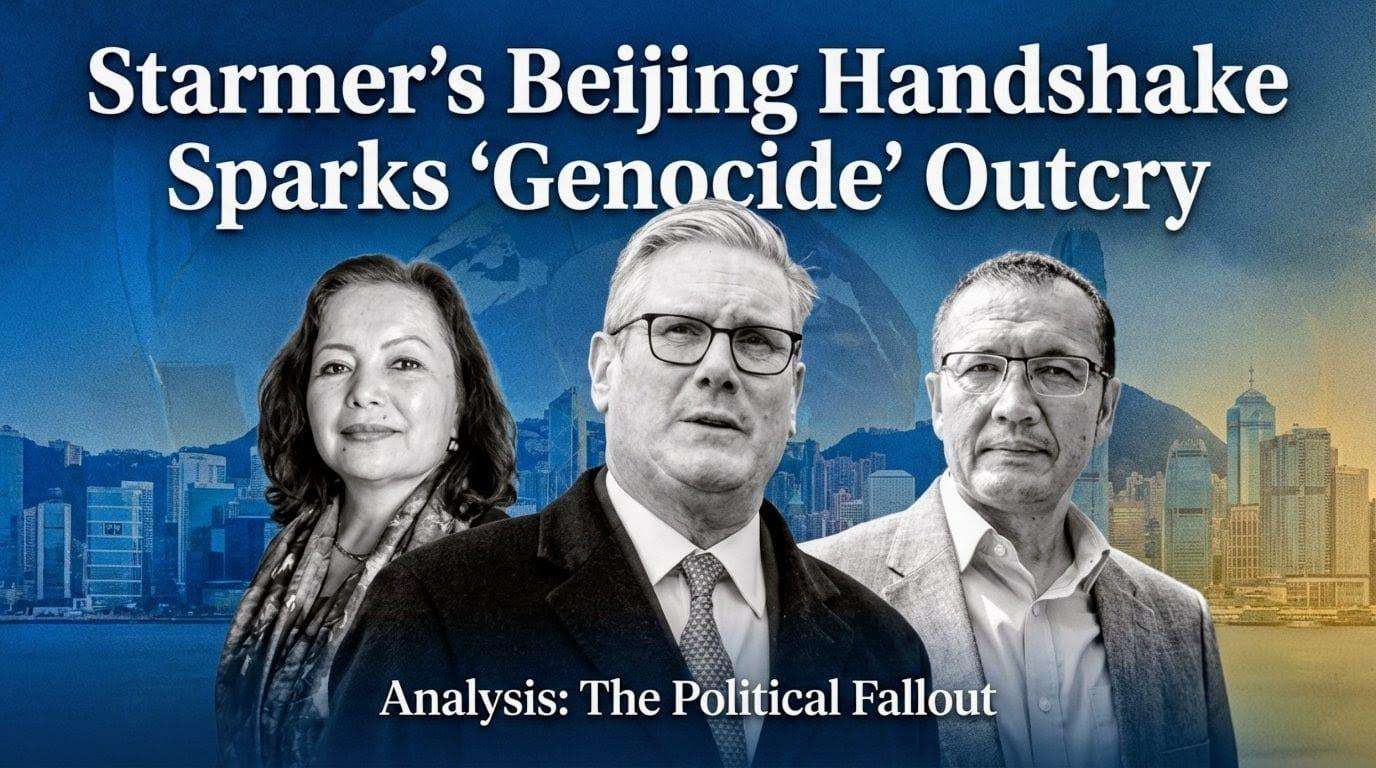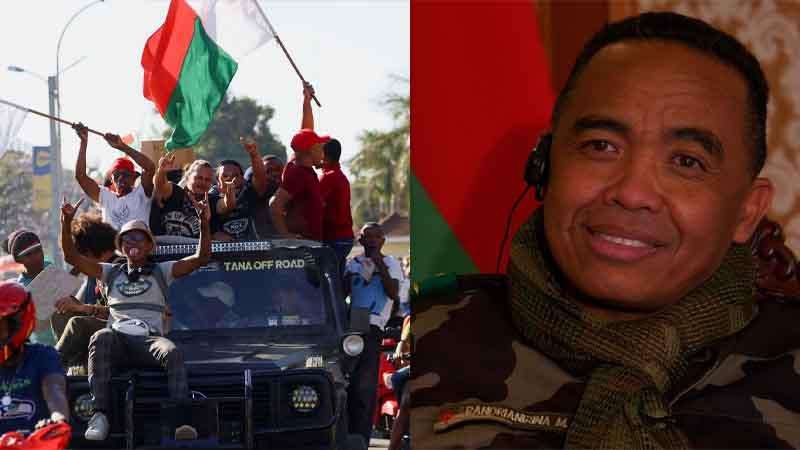A generational uprising has reshaped Madagascar’s political landscape, toppling former president Andry Rajoelina and ushering an obscure military officer into the presidential palace. What began as protests against power cuts, water shortages, and endemic corruption culminated in a dramatic, military-backed transfer of power that the African Union, the United Nations, and several constitutional experts are calling a coup — a label the new leader vehemently rejects.
Colonel Michael Randrianirina, commander of the non-combatant Corps d'Administration des Personnels et des Services de l'Armée de Terre (CAPSAT), was sworn in as president last month after his unit sided with demonstrators, mostly young Malagasy citizens from Generation Z who spearheaded the largest protest movement in more than a decade.
Seated in an ornate mahogany chair deep inside the Iavoloha Palace, the new head of state appears physically dwarfed by the office he now occupies. Still wearing military fatigues and exhibiting a mixture of solemnity and hesitancy, he told Sky News Africa correspondent Yousra Elbagir that his ascension carries both personal weight and national urgency.
“I am happy and it is also a great honour to have come to this palace to be able to help and support the Malagasy people in deep poverty,” he said, visibly grappling to articulate the gravity of the past month.
A Social Media Video That Shifted the Course of Power
The turning point came on 11 October, when the colonel posted a video instructing security forces to ignore alleged shoot-to-kill orders and instead protect protesters. At least 22 demonstrators were killed and more than 100 injured amid weeks of unrest over collapsing public services that many believed symbolised widespread elite corruption.
“I am a military officer but I am also part of the people,” he explained. “They have been poor for so long and wealth has been looted — but you still shoot them and kill them. That was not why I entered the military of Madagascar.”
Soon after the video circulated, CAPSAT soldiers permitted protesters to occupy Place du 13 Mai on Antananarivo’s Independence Avenue, historically the symbolic seat of political dissent. The colonel then appeared atop an armoured vehicle, telling crowds that “the president of the nation has to leave… If that does not happen, we will see.”
Within days, Rajoelina fled the country. The National Assembly impeached him for “desertion of duty” on 13 October. Three days later, Colonel Randrianirina stood before the palace surrounded by officers and announced the dissolution of the constitution and all institutions apart from parliament.
The African Union suspended Madagascar immediately, citing an unconstitutional seizure of power. UN secretary-general Antonio Guterres condemned the “unconstitutional change of government” and urged a swift return to democratic order.
Still, the colonel insists the crisis was driven by public demand, not military ambition. “We were not conducting any coup at all,” he said. “It was the president himself who decided to leave the country.”
A Pledge of Elections — But on a Long Timeline
Randrianirina has announced a transitional plan he describes as a national “refoundation and recovery,” promising elections within 18 to 24 months. Regional observers, however, fear the timeline could stretch indefinitely, consolidating military influence under the guise of reform.
Madagascar’s political history heightens those concerns. Rajoelina himself rose to power in 2009 through a popular uprising that was also quietly supported by CAPSAT. Several Malagasy leaders have ascended during periods of instability, often pledging reform before entrenching themselves.
This time, Generation Z organisers believe they have created a political moment too powerful for any leader to reverse.
‘We Were Living Under a Dictatorship’
Five student organisers interviewed in Antananarivo said they view the colonel not as a military strongman but as the first official willing to confront systemic injustice. University student Ratsirarisoa Nomena, who helped coordinate campus mobilisations, dismissed fears of authoritarian relapse.
“The new president is not a dictator,” she said. “He is listening to the people and he is validated by the people. We were living under dictatorship. There was no freedom of expression. We had to face being injured and losing our lives. Malagasy citizens who fought with us lost their lives too. To me, we are halfway to victory.”
Her cohort sees itself as a generational force that fractured the country’s long-standing political pattern — though the colonel himself downplays the idea that Gen Z alone brought him to power.
“Generation Z are part of the reason,” he acknowledged, “but the full Malagasy people really wanted change. They have been suffering for so long and deprived of fundamental rights — no access to water supply and electricity, facing insecurity. It is the whole Malagasy people that supported me to this point.”
Uncertain Future for a Fragile Democracy
International diplomacy surrounding Madagascar’s crisis is already marked by contradictions. Hours after the UN condemned the takeover, France’s President Emmanuel Macron telephoned Randrianirina to congratulate him — a move likely to echo through Madagascar’s political class and its historically fraught relationship with Paris.
Whether the new president becomes a transitional figure or a long-term power broker will depend on how quickly, and credibly, he restores constitutional rule. For now, the streets remain calm, the youthful protest leaders optimistic, and the country caught between celebration and apprehension.
What is clear is that Madagascar stands at a pivotal juncture. A generation scarred by poverty and disenfranchisement has propelled a military officer into the presidency. Whether this moment marks a democratic reset or the beginning of another chapter of military-influenced governance remains an open question — one that will define the nation’s future for years to come.








.svg)

.jpg)
